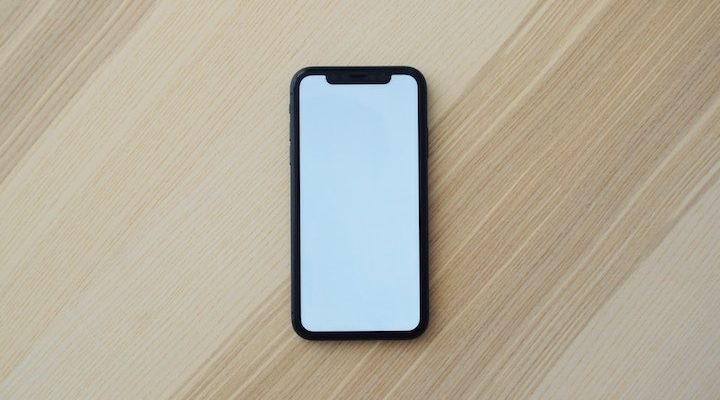One beneficial part of social media is that you can ask for prayer and almost instantly the body of Christ across the globe can pray for you.
Life
Mesmerized by The Phone, Missed My Daughter
Today, I took my daughter to swimming lessons. With five other parents, I observed the class. I should say: I observed. At one point during the class, I looked around and saw every parent—all five—mesmerized by their phones. No parent watched their child. All watched their phones.
I am not uniquely virtuous. Last week, I was mesmerized by my phone. I missed my daughter when she dunked her head under water. She told me, don’t look at your phone! I mostly obeyed. I looked at my phone, but not for long. The compulsion to look took over, and I fell into a mania of technology. But I held on to my sanity. I stopped, and here is what I saw.
I saw a young boy tell my daughter, You are doing great! I watched my daughter swim in the deep end with a life jacket. I walked near her and told her she did great. She looked at me with glee, a smile broken across her face, saying something like, That is my daddy!
Whatever moment we had, we had because I was not memorized by the screen but by her. She knows I saw. I know I saw. We know that we love each other. [Read more…] about Mesmerized by The Phone, Missed My Daughter
Online Media Should Lead to Reading Books
Do not exclusively read articles online. Think of online articles as portals to books. Articles may answer an important question, give insight into an issue, and help us to know what to seek and to know.
But books deliver the contemplative ruminations that thinking requires. Online articles are an appetizer. Both are important. And the media of books and the internet are here to stay.
But there is an ordering. First the short article. Then the book. [Read more…] about Online Media Should Lead to Reading Books
Today’s Freedom Enslaves
He who loves money will not be satisfied with money, nor he who loves wealth with his income; this also is vanity
– Ecclesiastes
Our word freedom plays an important role in society. We live in a free and democratic society, the Charter tells us. The United States of America promises liberty and freedom for all. Their declaration of independence guarantees the right to life, liberty and the pursuit of happiness. Freedom in North America defines our vision of the good life.
We are free people. The USA broke free from England. Canada became a nation with a Charter of rights and freedoms. We can vote. We can choose what we want—we select what pleases us. At one level then, we enjoy political freedom.
At a different level, today’s freedom enslaves us. It exploits our free choices so that we become servants to our own desires. Byung-Chul Han’s writings have made this argument persuasively, I believe. We live in a society that runs on achievement. We must achieve results. But the product, more often than not, is us. We exploit ourselves freely and so become a slave to the drive to perform, get results, and show value. [Read more…] about Today’s Freedom Enslaves
Fearing the Loss of Freedom Enslaves
Alongside the Enlightenment, a mature understanding of the individual emerged. Freedom as a right of the sovereign individual became a pillar to understand how states ought to work. Individuals consented to be governed by a vote.
This basic liberal idea might be captured by John Locke’s affirmation of the individual’s right to life, liberty, and property; or in the USA’s declaration of life, liberty, and the pursuit of happiness.
Living in Fear of Virus and of Government
The story of fear over the past two years cuts in more than one direction: fear of the pandemic and of government overreach.
In both cases, responses unveil a sort of anxious energy which the Gospel itself can and does qualm.
I suppose that’s why I think Gospel centrality makes sense (and it’s biblical). Perfect love, the Spirit abiding in us, means I neither ultimately fear death by the virus nor death of freedom by the government.
[Read more…] about Living in Fear of Virus and of Government



